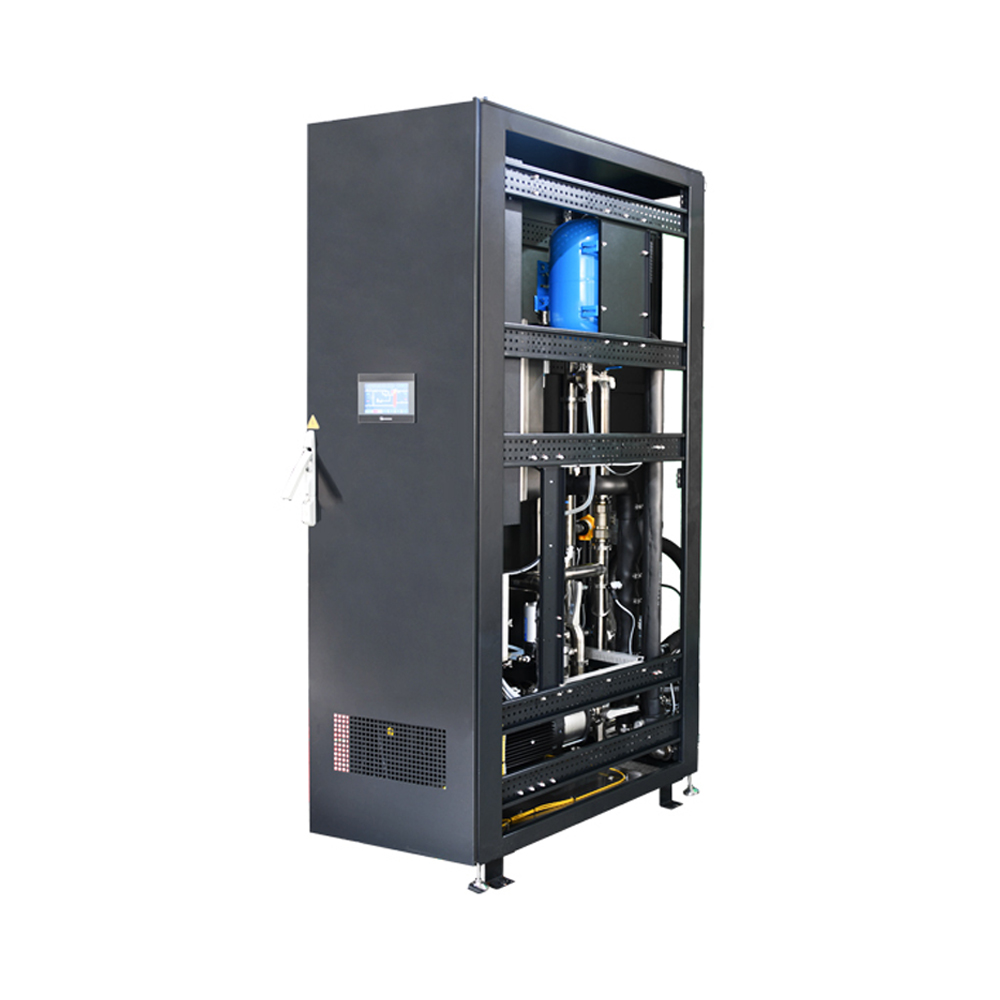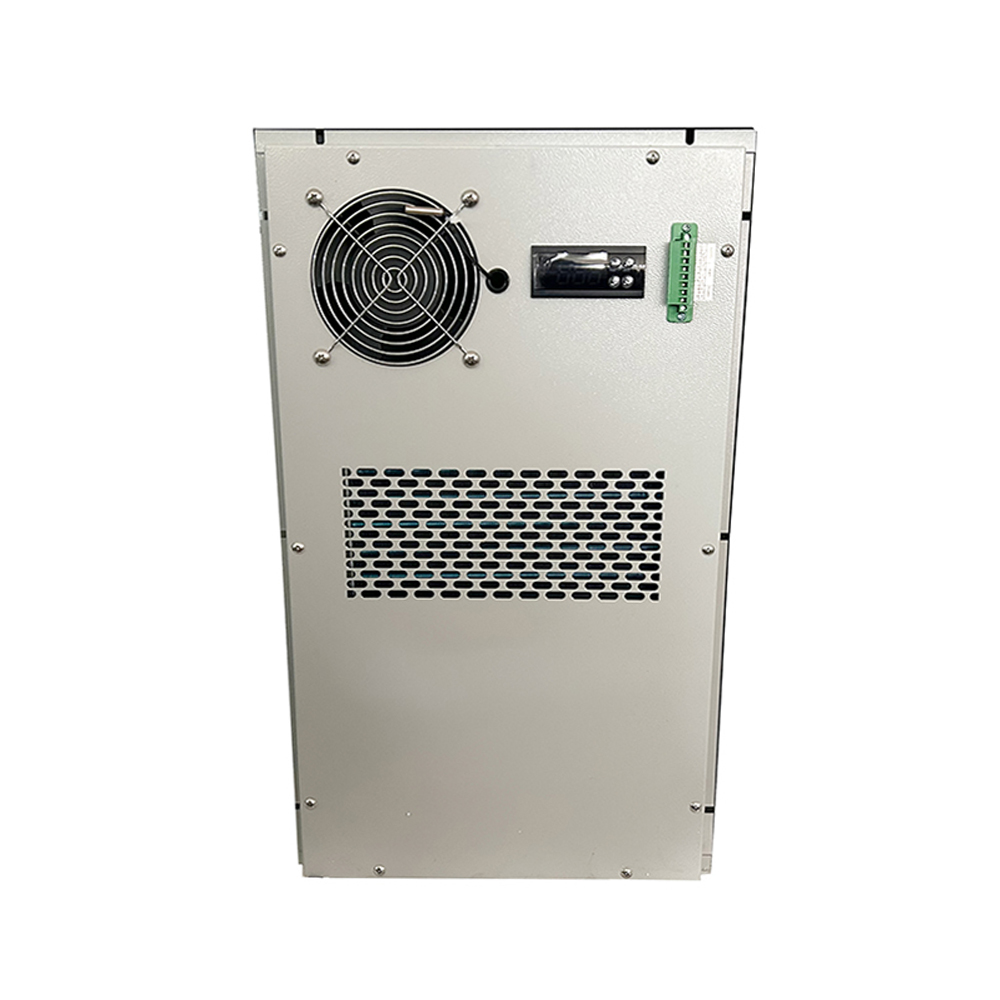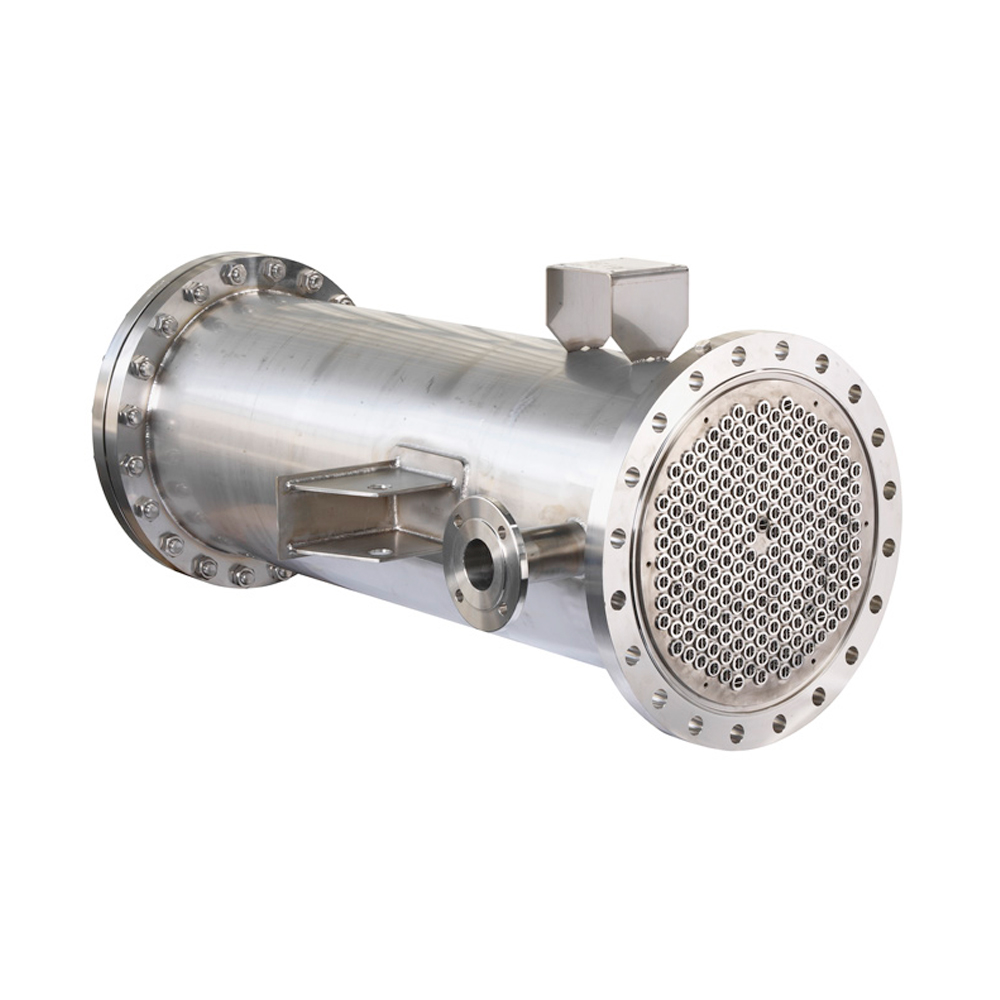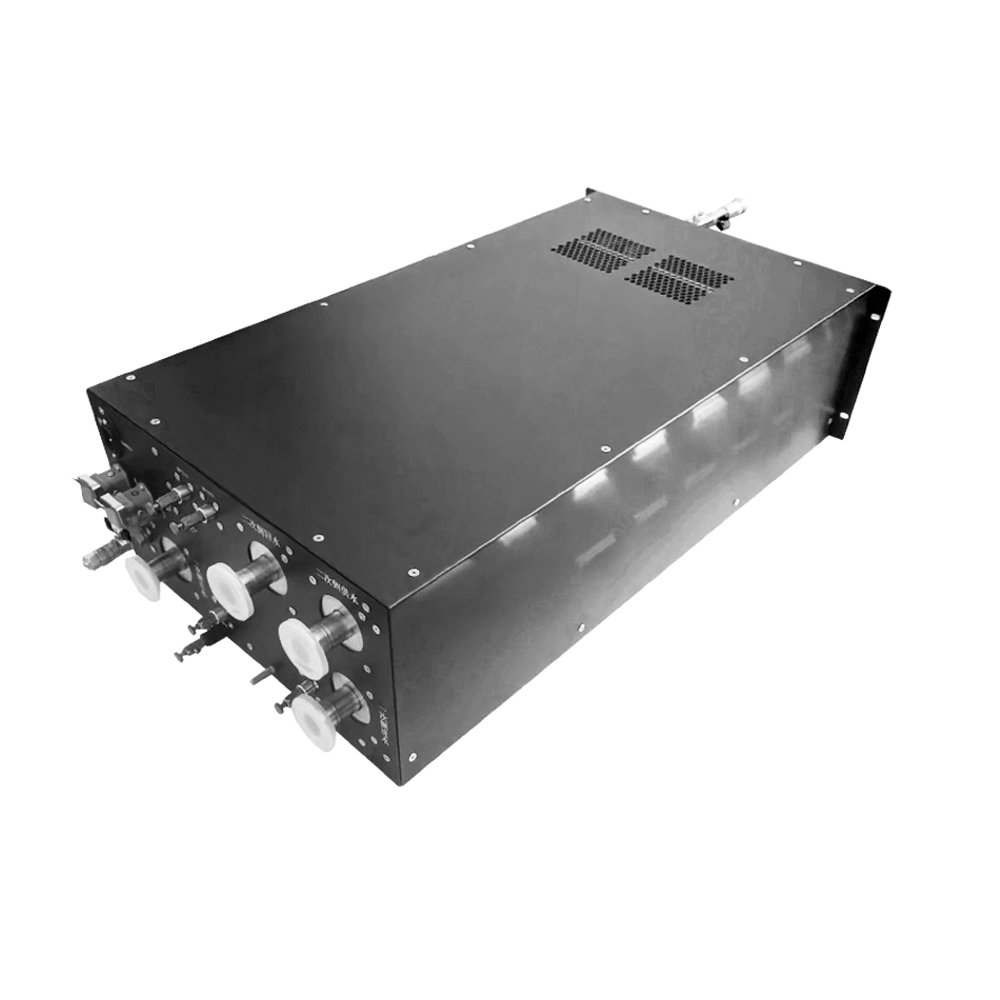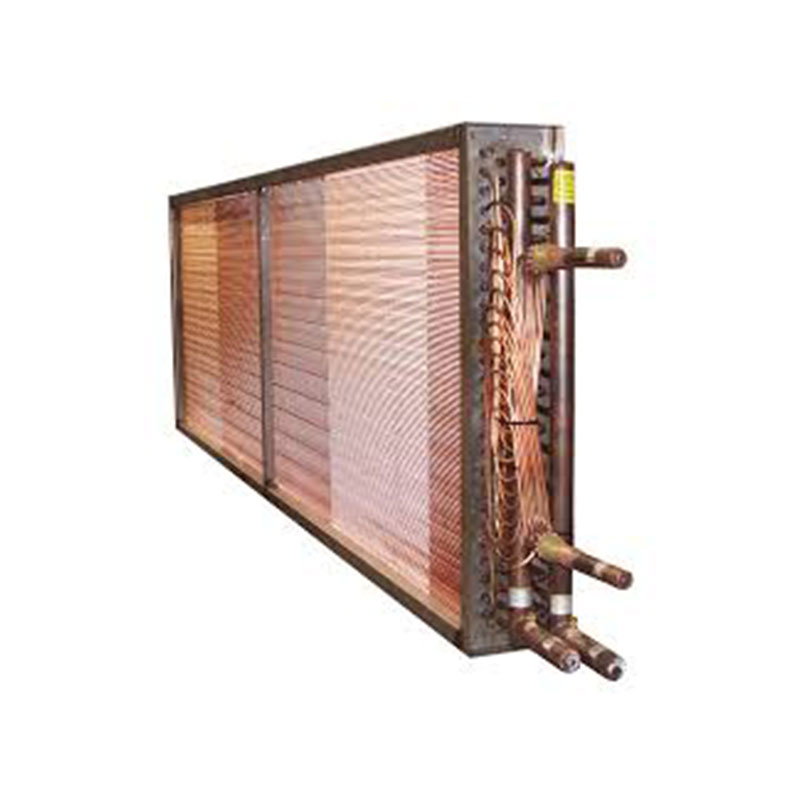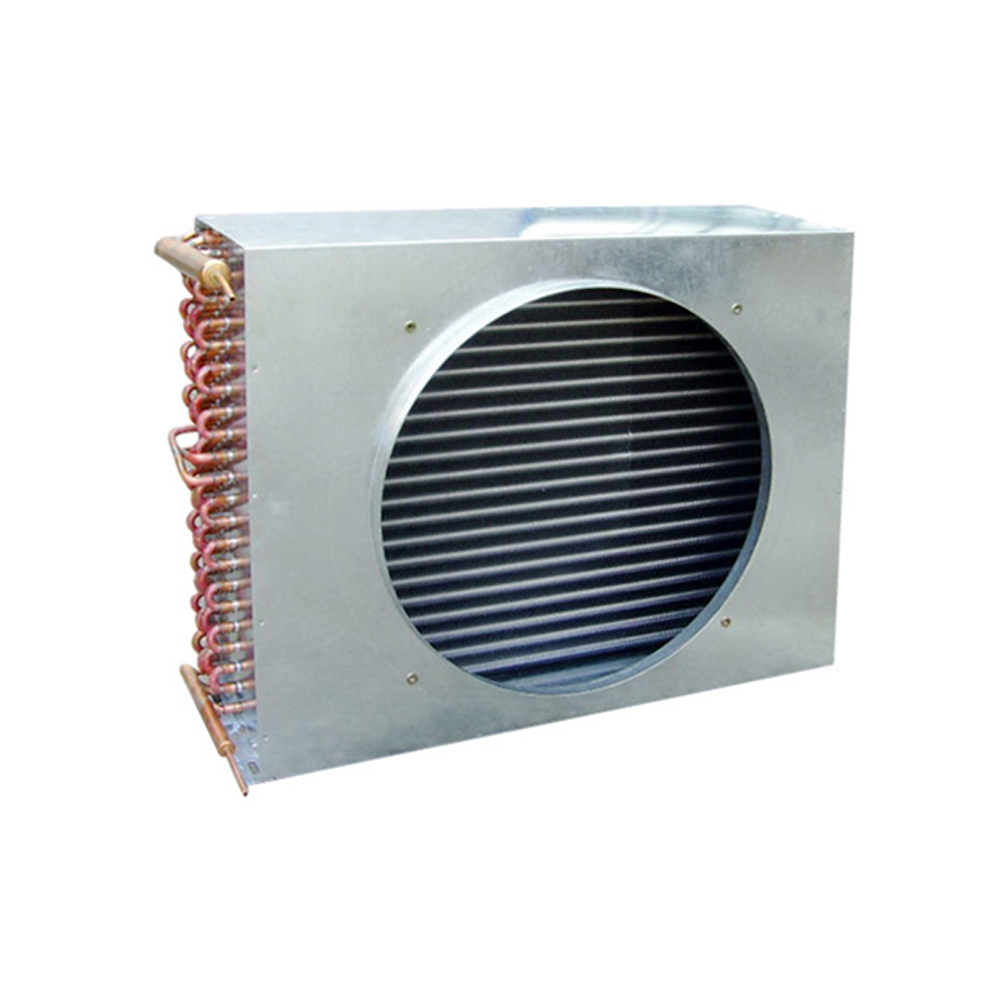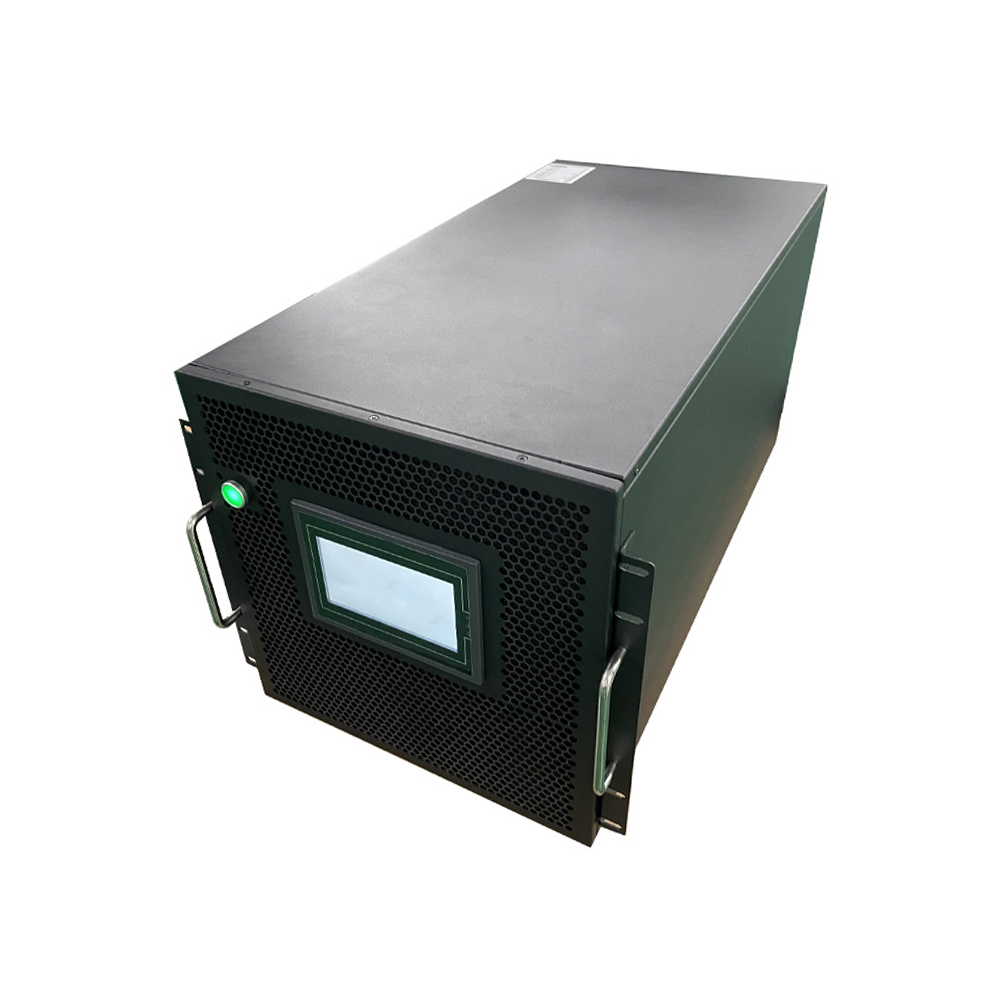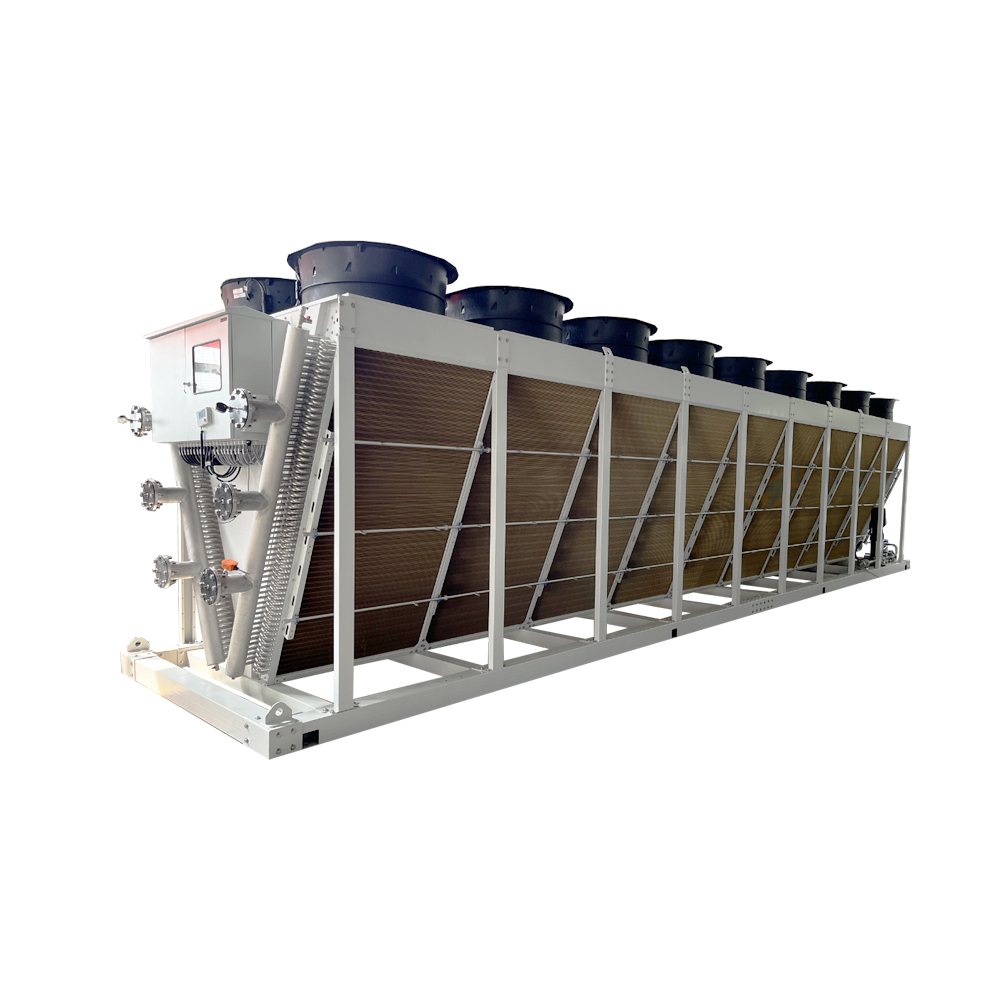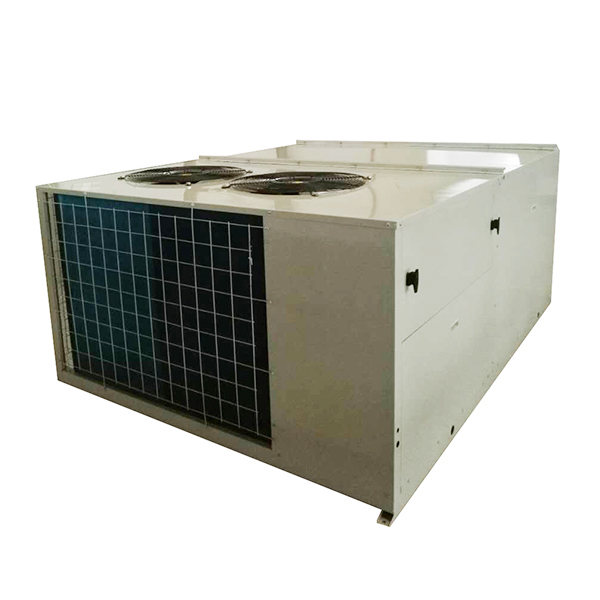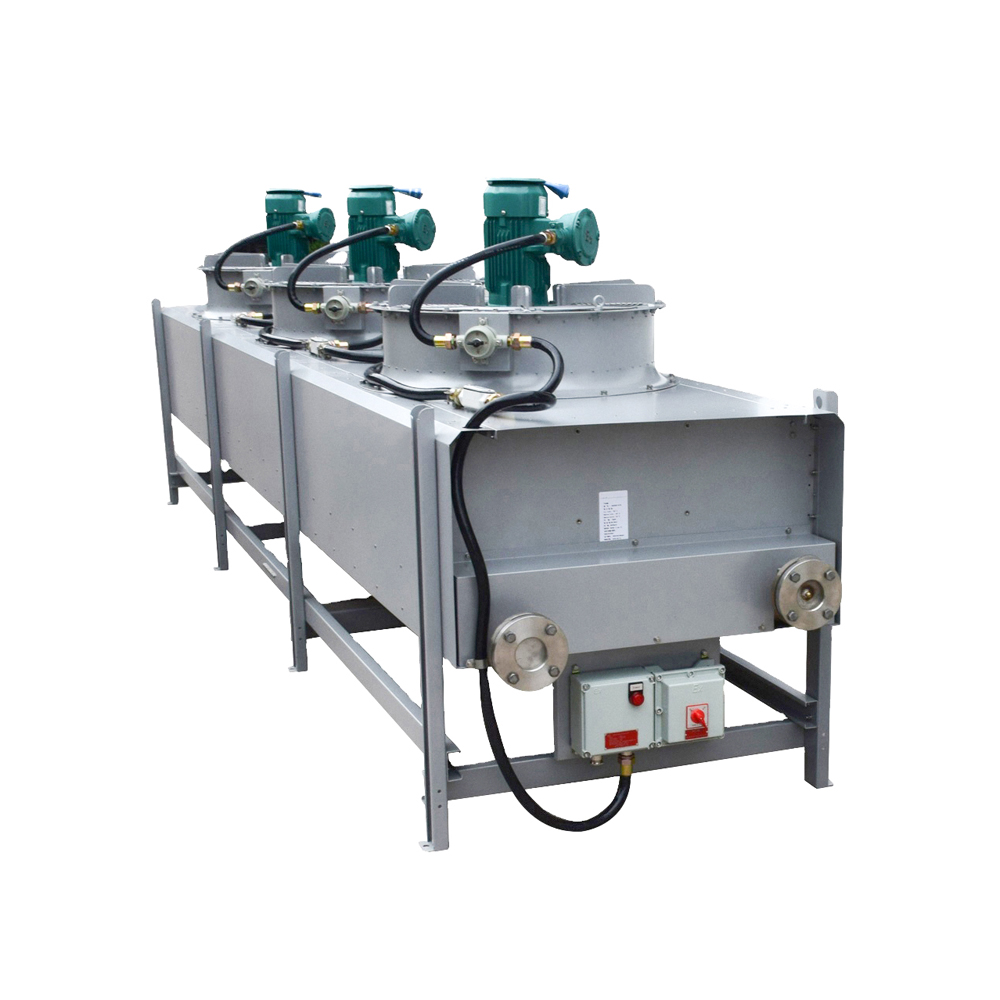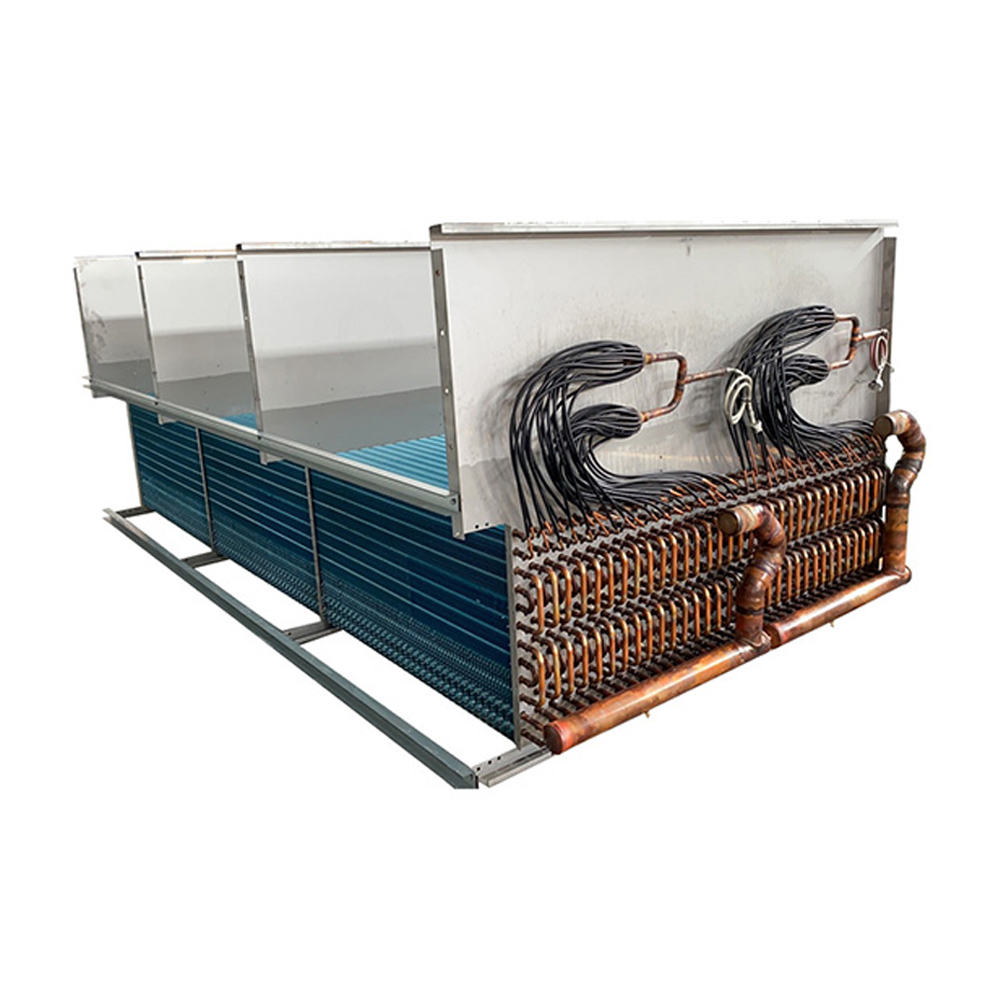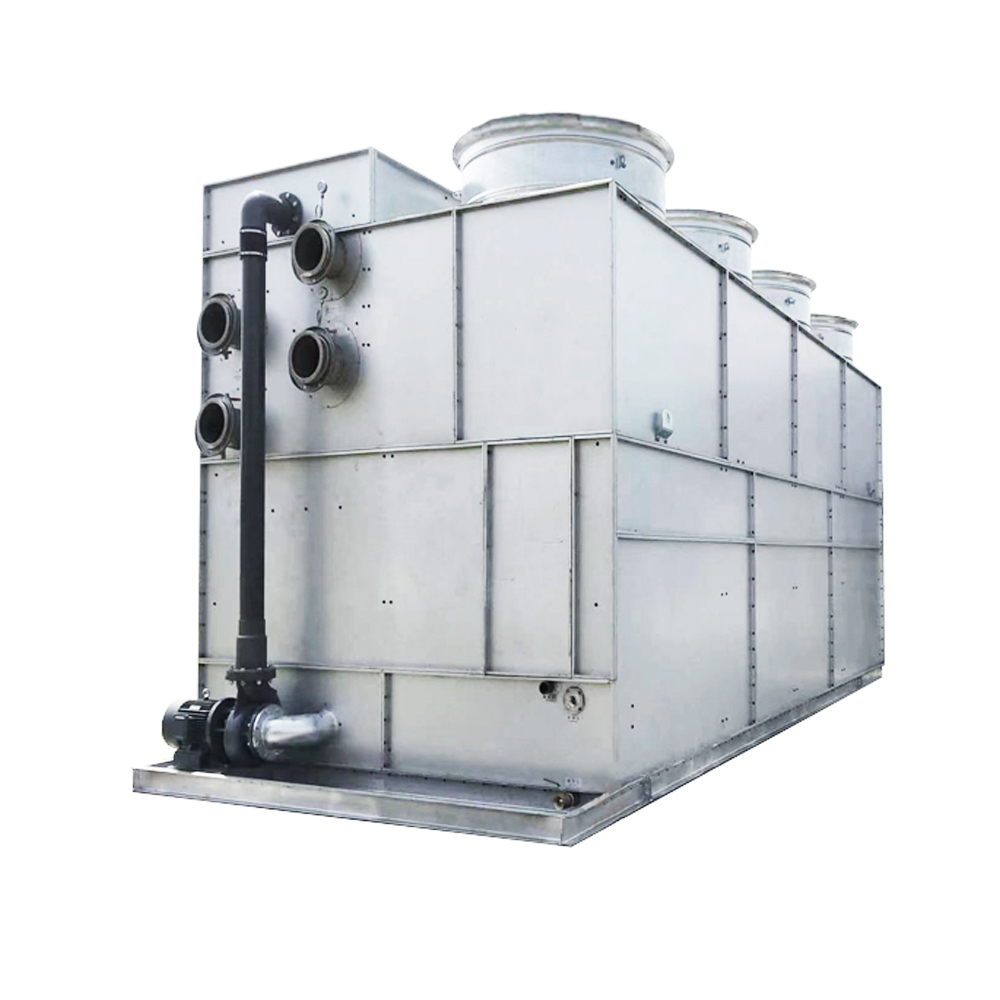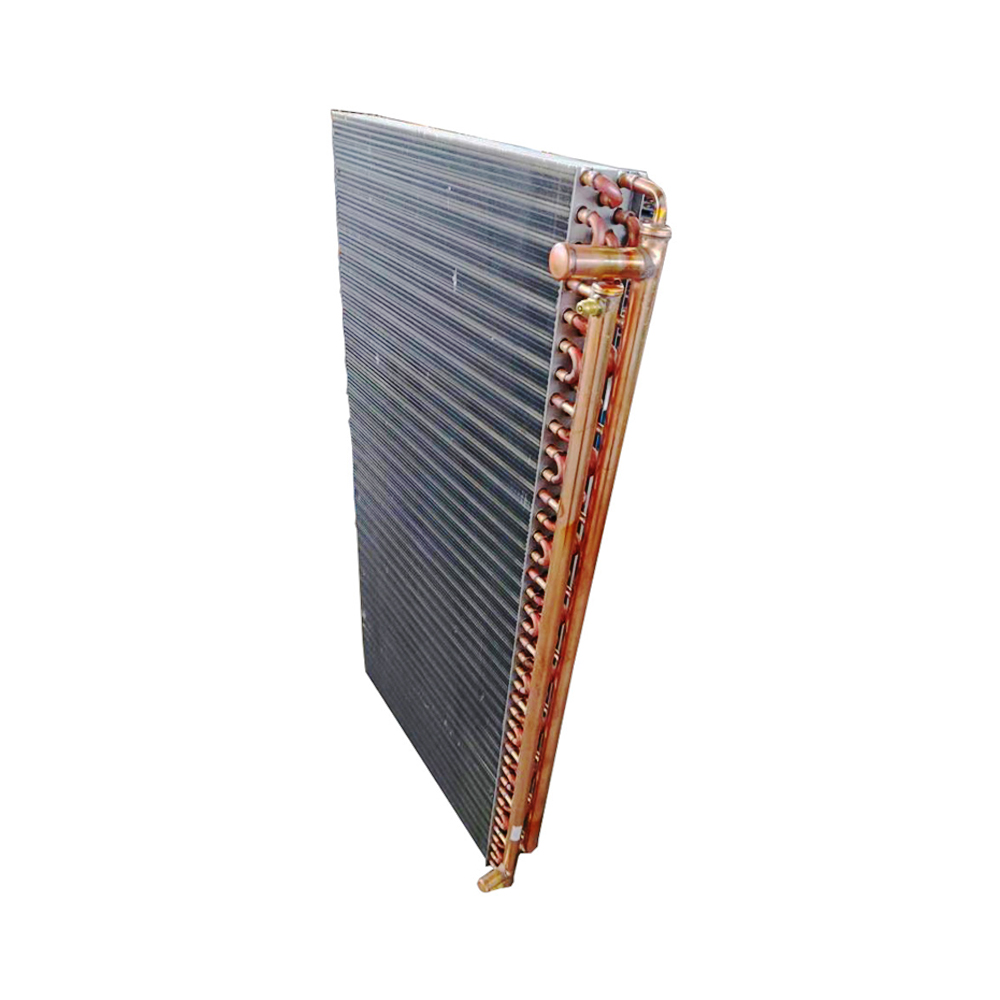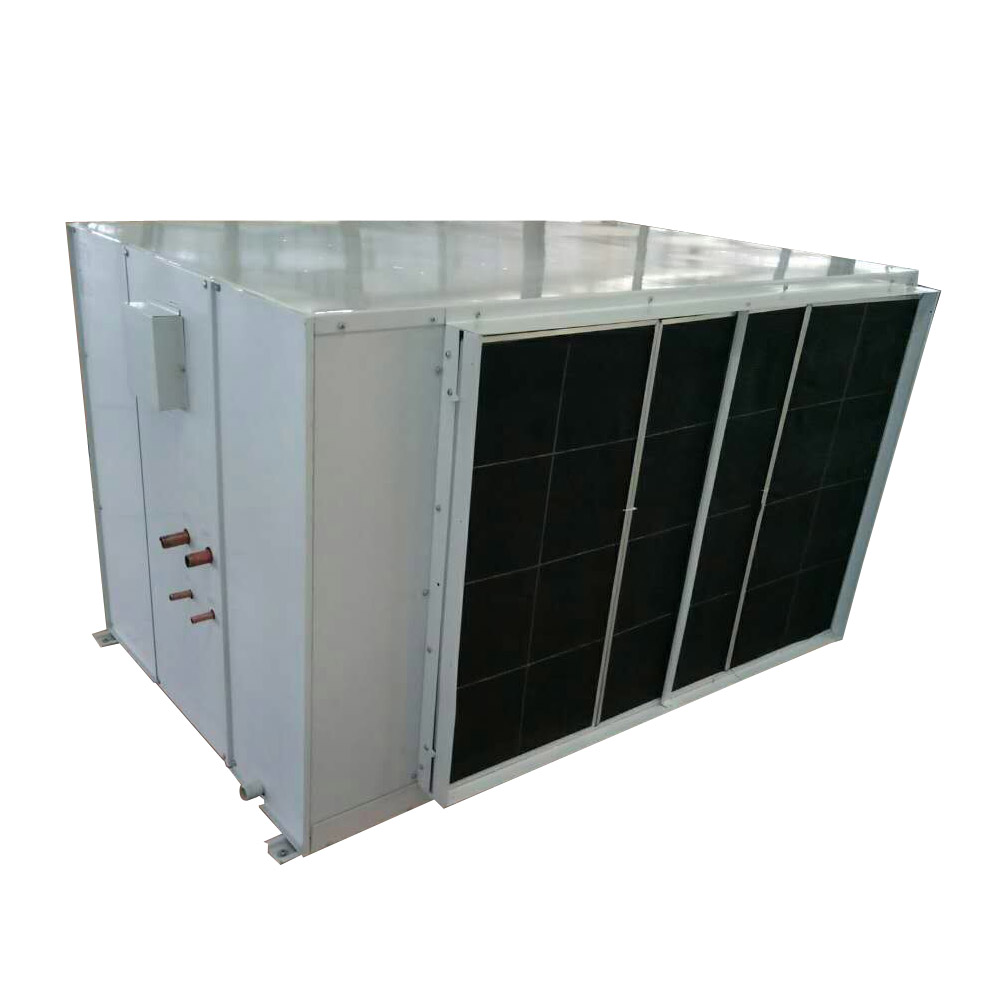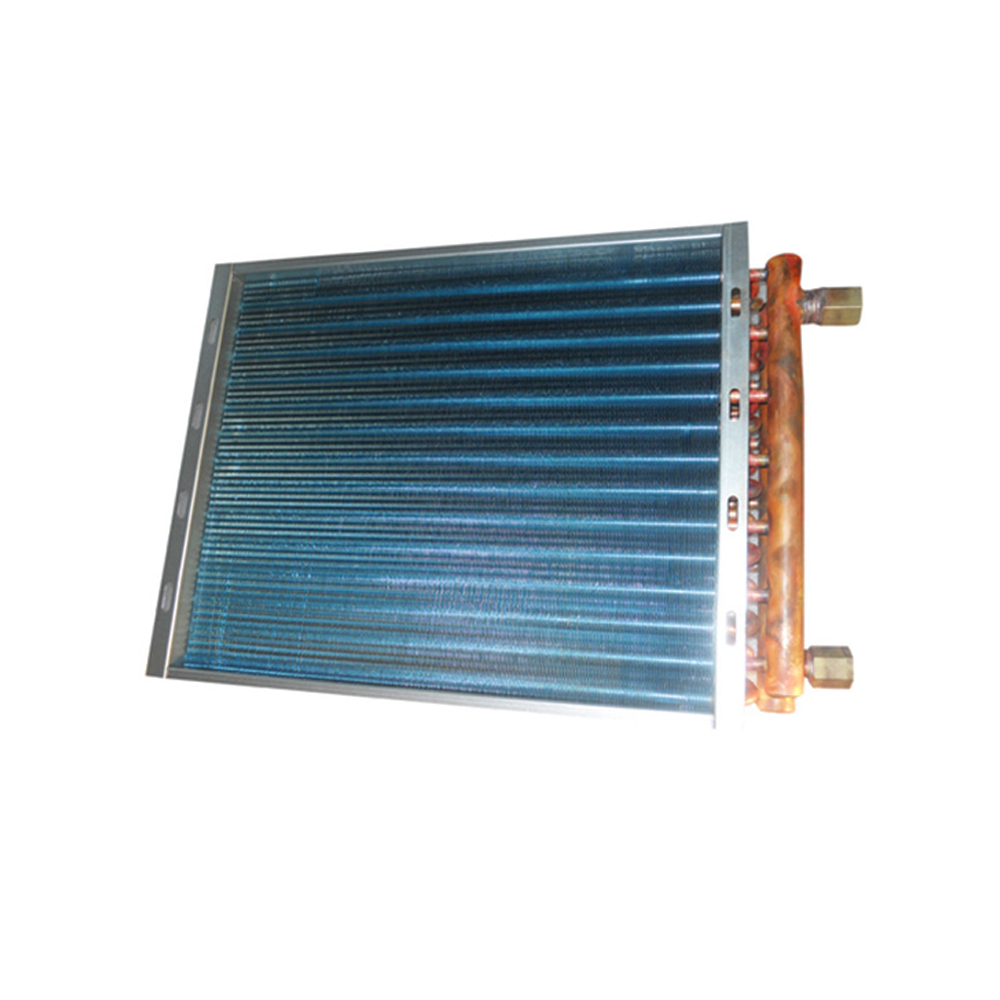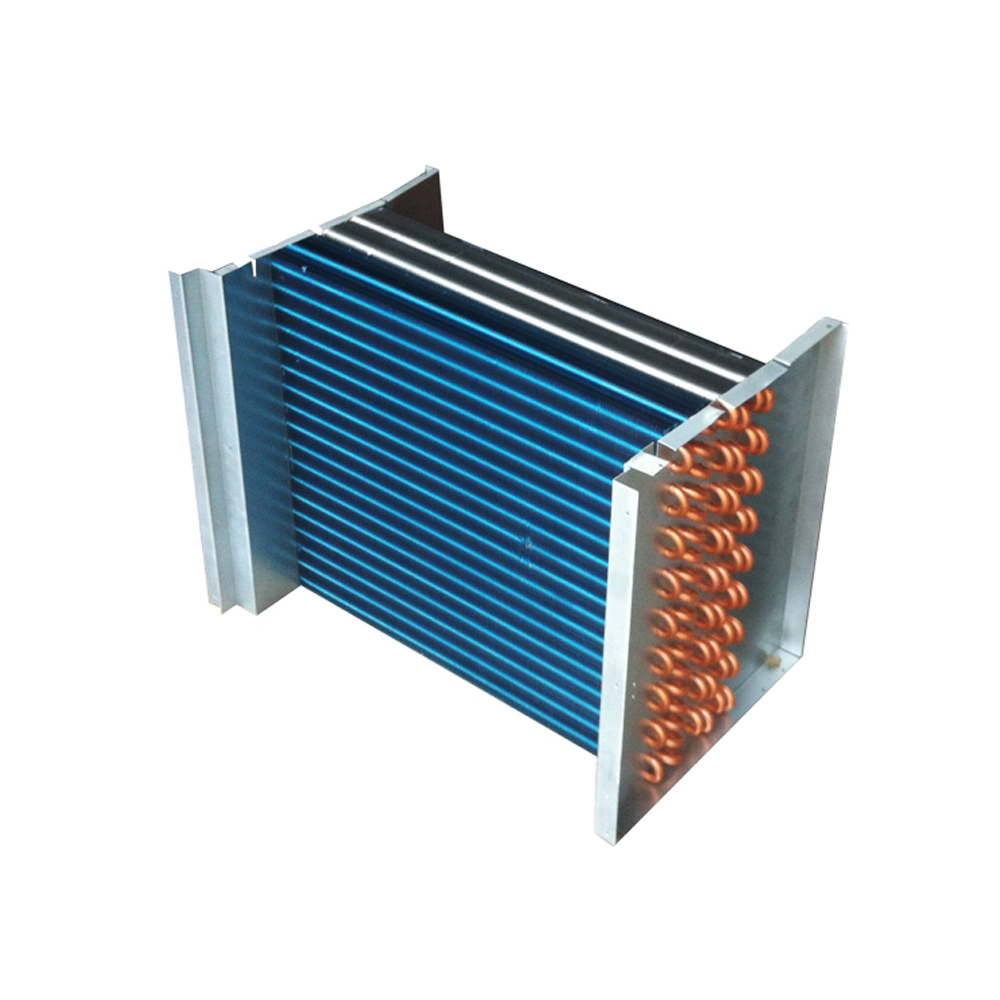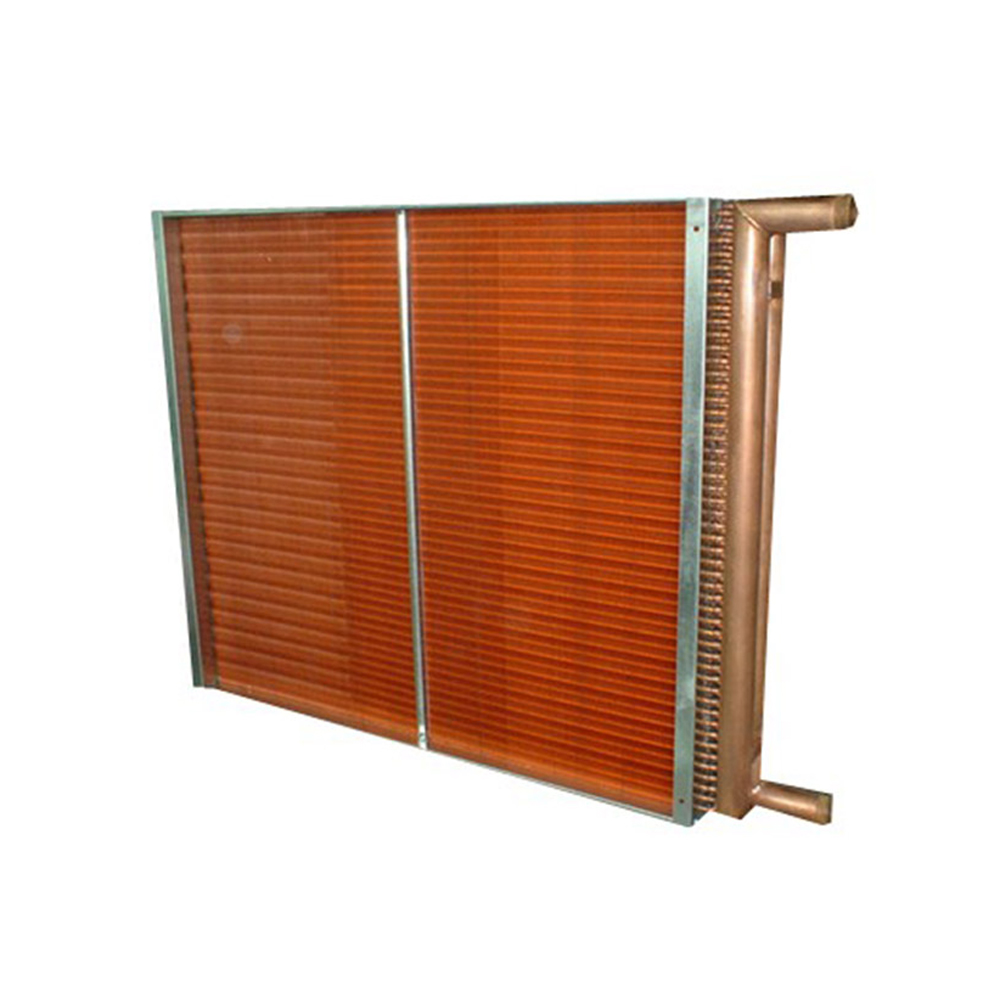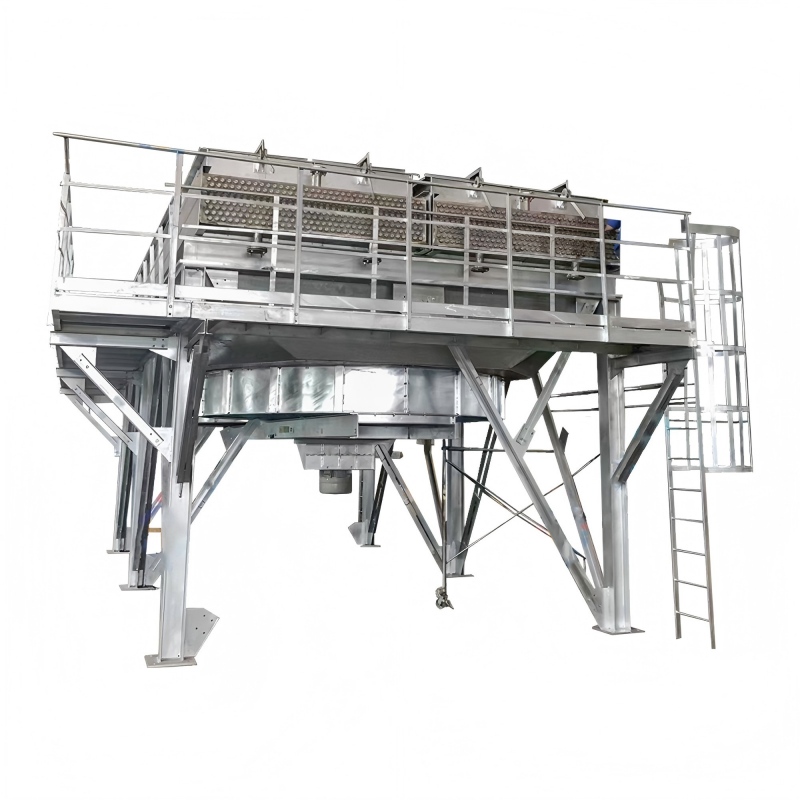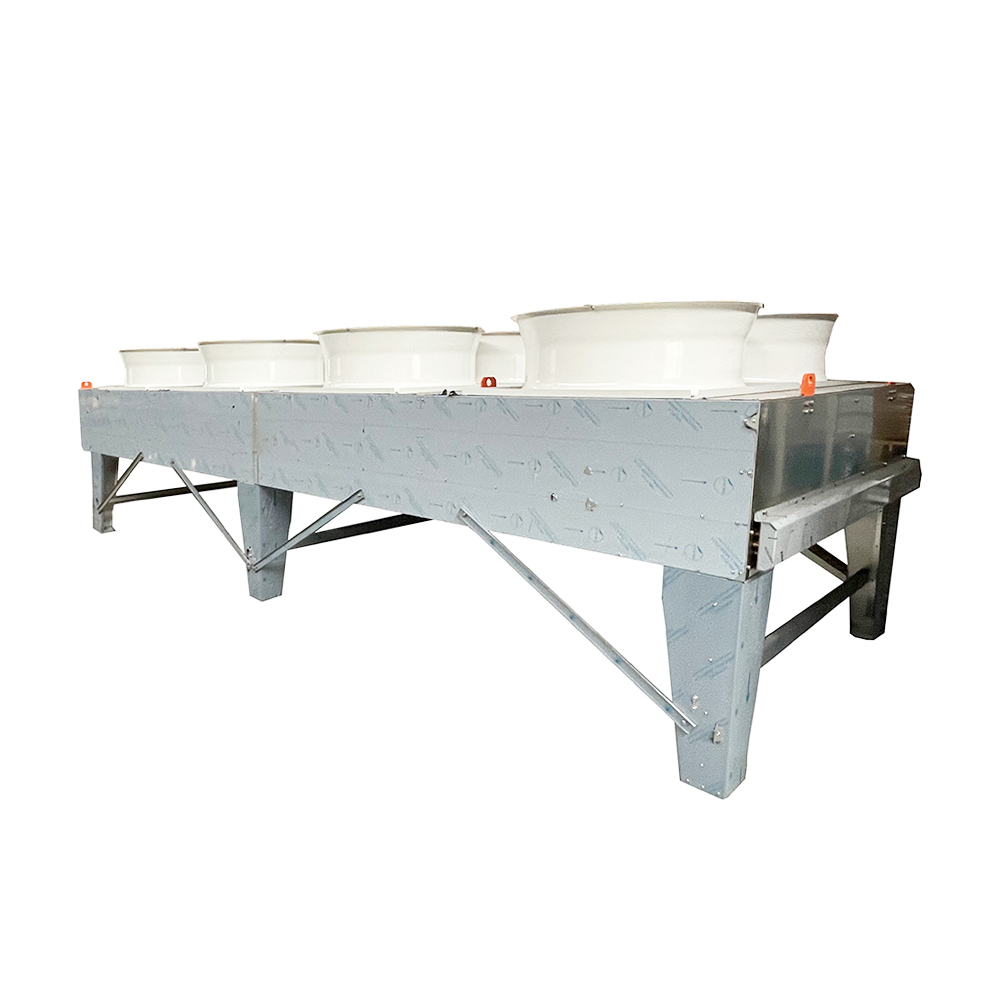This comprehensive guide explores the intricacies of OEM air cooling evaporators, providing insights into their selection, functionality, and application across various industries. We delve into key specifications, common applications, and factors influencing optimal performance. Learn how to choose the right evaporator for your specific needs and enhance your cooling system's efficiency.
What is an OEM Air Cooling Evaporator?
An OEM air cooling evaporator is a crucial component in refrigeration and air conditioning systems. Manufactured as an Original Equipment Manufacturer (OEM) part, it ensures consistent quality and compatibility with the overall system design. These evaporators utilize air as the medium to absorb heat from a refrigerant, facilitating cooling. They are widely used in various applications, from commercial refrigeration units to automotive air conditioning systems. The core function is efficient heat transfer, ensuring optimal cooling performance. Understanding the specifications of your system is critical when selecting an OEM air cooling evaporator, as incorrect choices can lead to reduced efficiency or system failure.
Key Specifications and Considerations
Refrigerant Compatibility
One of the most crucial considerations is refrigerant compatibility. Different evaporators are designed to work with specific refrigerants (e.g., R-134a, R-410A). Selecting an evaporator incompatible with your system's refrigerant can result in leaks, reduced efficiency, and potential safety hazards. Always refer to the manufacturer's specifications to ensure compatibility. Contacting a supplier like Shanghai SHENGLIN M&E Technology Co.,Ltd can provide expert guidance on refrigerant compatibility and OEM air cooling evaporator selection.
Capacity and Efficiency
The cooling capacity of an evaporator is measured in BTU/hr (British Thermal Units per hour) or kW (kilowatts). This rating indicates the amount of heat the evaporator can remove per unit of time. Efficiency is typically measured by the Coefficient of Performance (COP), which represents the ratio of cooling output to energy input. Higher COP values indicate greater energy efficiency. Selecting an evaporator with appropriate capacity and high efficiency is crucial for optimizing energy consumption and overall system performance. The appropriate capacity depends heavily on the application and the volume of space needing cooling.
Fin Design and Material
The design and material of the evaporator fins significantly impact heat transfer efficiency. Fins are typically made of aluminum or copper, with copper offering better thermal conductivity. The fin density (fins per inch) also affects performance, with higher density generally leading to improved heat transfer but potentially increased pressure drop. Different fin designs optimize air flow and heat transfer based on the application.
Construction and Durability
The construction and materials of the OEM air cooling evaporator are paramount for its longevity and reliability. Factors such as the material of the tubing (copper is common), the type of brazing, and the overall construction quality influence the evaporator's durability and resistance to corrosion. High-quality construction ensures a longer lifespan and minimizes the risk of leaks or malfunctions.
Applications of OEM Air Cooling Evaporators
OEM air cooling evaporators find applications across diverse industries:
- Commercial Refrigeration: Supermarkets, restaurants, and other businesses utilize these evaporators in display cases, refrigerators, and freezers.
- Automotive Air Conditioning: Many vehicles rely on OEM air cooling evaporators for passenger comfort.
- Industrial Processes: Various industrial processes require precise temperature control, using evaporators as essential components.
- HVAC Systems: Heating, ventilation, and air conditioning systems in buildings often incorporate these evaporators for cooling purposes.
Choosing the Right OEM Air Cooling Evaporator
Selecting the appropriate OEM air cooling evaporator involves careful consideration of several factors. Consult manufacturer specifications, consider the application requirements, and always prioritize compatibility and efficiency. Working with experienced suppliers ensures you receive the right component for your specific needs. Remember to account for factors like refrigerant type, capacity, fin design, and overall construction quality.
Selecting a Supplier
Choosing a reliable supplier is crucial. Look for a company with a strong track record, a wide range of products, and excellent customer support. A reputable supplier, such as Shanghai SHENGLIN M&E Technology Co.,Ltd, can provide expert advice and ensure you get the best OEM air cooling evaporator for your specific application.









